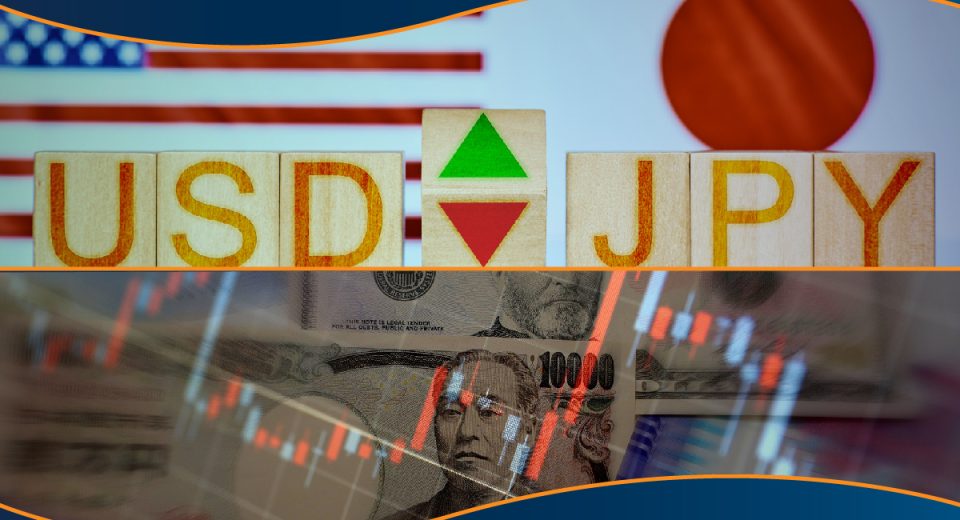How to Become a Disciplined Trader?

January 2021 was a huge lesson in trading discipline. When the Reddit group, Wall Street Bets, declared war on institutional traders and hedge funds, they sent GameStop’s share price skyrocketing 1500% within just a couple of weeks. Traders flocked to the stock, expecting the trend to continue or out of FOMO. As a result, retail traders have lost an estimated $19 billion in January alone. Trading the financial markets and interpreting the outcome is risky. Self-discipline can help you successfully tame the volatility in the market currents. In this article we will see how to become a more disciplined trader.
The financial markets might be all about making money through profitable trades but without a tried and tested plan, it can go very wrong.
Why is Discipline Necessary?
Discipline might be among the most difficult skills to master but it is also the most important one for long term success in the financial markets. Be it your life or the financial markets, discipline makes means being more organised. Fortunately, this isn’t something you need to be born with. You can develop the habit, as you do any good habit. It is all about being mindful and practicing the habit consciously until it becomes second nature.
Discipline keeps you calm and composed through the highs and lows of the markets. It helps you continue to make informed trading decisions, rather than being influenced by the success or failure of your previous trade. This is very important when you need to make split-second decisions to make the most of a trading opportunity. This is what separates a great trader from a good one.
However, self-discipline cannot be learned in a day. It is inculcated through constant practice and by learning to not repeat the same mistakes. It takes patience and will-power.
Trading with discipline teaches the ability to follow a set trading plan and set of rules, irrespective of the emerging circumstances. Most importantly, a disciplined trader knows when to sit back and relax and when to enter the markets, firing on all cylinders.
So, how to become a more disciplined trader? Here is a list of rules that can guide you on your journey towards self-discipline.
· A trading plan is indispensable
Creating a trading plan is the first step to being a disciplined trader. With a robust trading plan in place, every step of your trading journey is clearly defined. Your realistic expected returns, your approach to the markets under different conditions, the maximum funds that you can risk per trade, the maximum you can afford to lose per trade, are all part of the plan. The objective is to religiously follow this plan while trading, irrespective of the circumstances emerging in the markets. Use a demo account to test your plan before applying it to live conditions.
· Do your homework
The second step is to find out all you can about your chosen trading asset. While trading stocks, do your homework on the company’s track record, earnings history and stock moves. In forex, you can check on the historical price action for your preferred pair. Knowing what moves the price of the asset and in which direction can help informed decision making. Also, being aware of the risk-reward ratio can help you determine the potential upside or downside.
The next thing is to own the trade responsibly. Whether the trade is successful or not, take the responsibility, analyse and learn from your mistakes. Even the most successful traders face losses. What differentiates them is that they make sure not to repeat their mistakes. One way to do so is by maintaining a trading journal and noting down each trade, how you came to the decision and what the outcome was. You can then later review and identify patterns that you can then work on to improve trading decisions.
· Work on your weaknesses
We all have our weaknesses but a disciplined trader works to identify and then consciously eliminate those weak points. One such weakness is not honouring the stop-loss. The idea of a stop-loss is to close your trade as soon as a predetermined price point is reached to limit losses. However, our emotions, such as hopes of a market reversal, could make us hold on to a position for too long, thereby accumulating losses.
· Plan for the unexpected
Trading discipline is all about being prepared for the worst. So, plan for any challenge that may emerge in the markets beforehand and make it a part of your trading strategy. Popular trading platforms, such as MT4 and MT5, offer robust trading tools to analyse the markets and prepare for unexpected contingencies.
· Overcoming human emotions
Emotions can wreak havoc on your trades. For instance, a string of losses could make you feel underconfident and fearful, which might mean you miss out on trading opportunities. On the other hand, a string of wins could make you overconfident and make erroneous decisions. Fear and greed are two of the most destructive emotions in the financial markets. The only way to prevent emotions from colouring your decisions is to stick to your trading plan. Keep reviewing your trading journal to identify instances where emotions might have impacted your trading decision, so that you can learn to keep emotions at bay
As Mark Douglas famously said, “If you can learn to create a state of mind that is not affected by the market’s behaviour, the struggle will cease to exist.”
· Preparing for your trading day
A mental exercise in the morning about the possible scenarios that may emerge during the day and your plan to deal with it can be beneficial. This exercise can be a great help if you can contemplate all the scenarios that may emerge during that particular trading day.
· Debrief yourself
The last step is to debrief your actions after the trading day. It is important to figure out if you worked according to the plan or you deviated from it. Making money by breaking rules or through short-cuts isn’t going to work in the long term. Consistency and perseverance in following the rules, irrespective of short-term setbacks, can make you a disciplined trader. So, go over all your actions of the trading day after the market closes and continue to learn and grow as a trader.
As well as the above, make sure to always incorporate appropriate risk management measures in every trade. This will help ensure long-term trading success, even if the markets go against you.







